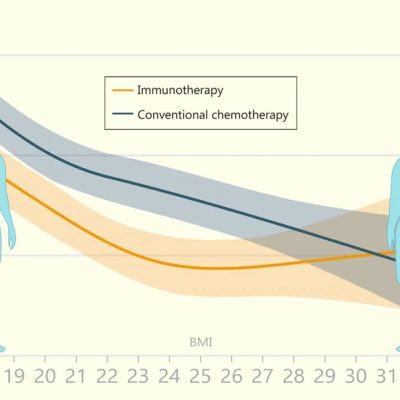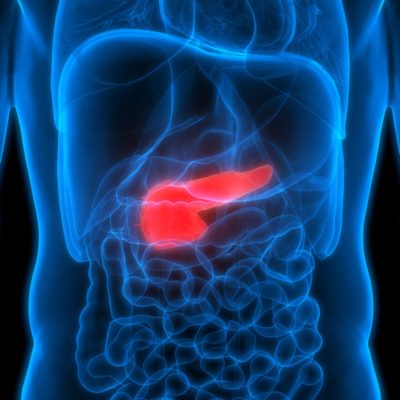While being overweight increases the risk of developing lifestyle-related diseases, there is a phenomenon known as the obesity paradox where a decreased risk of death has been seen during cancer therapy. However, that paradox might not be the trend for all cancer therapies, an Osaka Metropolitan University team reports in JAMA Network Open, a publication of the American Medical … [Read more...]
Laughter The Best Medicine in Japan: Local govt Passes New Health Law
The local government in Japan’s Yamagata prefecture has introduced an ordinance encouraging residents to laugh at least once daily to promote better physical and mental health, according to a report by South China Morning Post. Passed by members of the Liberal Democratic Party (LDP) last Friday, the ordinance aims to foster a happier and healthier community. It also calls on … [Read more...]
Father’s Diet Before Conception Influences Children’s Health
For their study, the researchers used data from the LIFE Child cohort, which includes information from over 3,000 families. The analyses showed that the father's body weight influences the weight of the children and their susceptibility to metabolic diseases. This influence exists independently from other factors such as the mother's weight, the parental genetics, or … [Read more...]
Stimulating Nerves Connected to The Pancreas Regenerates Insulin-Producing Cells
Insulin is a hormone that decreases blood glucose levels. The only cells that produce insulin are pancreatic beta cells (β-cells), and a decrease in these cells is a major cause of diabetes. Although therapies aimed at increasing pancreatic β-cells are eagerly awaited, a strategy that can increase β-cells has, thus far, not been developed. In a promising development, a … [Read more...]
Extreme Dietary Habits For Carbohydrates and Fats Affect Life Expectancy
A new study, published in The Journal of Nutrition, suggests that extreme dietary habits involving carbohydrates and fats affect life expectancy. Researchers from Nagoya University Graduate School of Medicine in Japan led by Dr. Takashi Tamura found that a low carbohydrate intake in men and a high carbohydrate intake in women are associated with a higher risk of all-cause and … [Read more...]
Oral Barrier is Similar in Ceramide Composition to Skin Barrier
The skin is the body's first line of defense against the environment, particularly against pathogens, chemicals, and allergens. It is now known that a class of biological molecules called acylceramides and their metabolites, protein-bound ceramides, are essential to the formation of this barrier. The outermost tissues of the mouth are closely related to the skin and have … [Read more...]
An easier way to go veggie: Vitamin B12 can be produced during dough fermentation
Vitamin B12 is an essential micronutrient that is needed for functions such as maintaining the nervous system and forming blood cells. However, B12 is mainly found in food of animal origin. Those who consume only small amounts of animal products or are vegan must therefore take B12 in the form of pills or eat food to which industrially produced B12 has been added. "In situ … [Read more...]
A disease trigger for pancreatitis has been identified
Patients suffering from chronic pancreatitis experience an either recurring or permanent inflammation of their pancreas. "In many cases, people develop this disease because they are drinking too much alcohol or they are smoking too much. Certain medication or high levels of lipids or calcium in a patient's blood can be another cause of pancreatitis," explained Heiko Witt, one … [Read more...]
Life-prolonging protein could inhibit aging diseases: A Japanese Study
Researchers have found a molecule that plays a key link between dietary restriction and longevity in mammals. This discovery may lead to the development of new therapies to inhibit age-related diseases. Studies have shown that moderate dietary restriction can increase the lifespan of many organisms, including mammals, while inhibiting age-related diseases such as cancer and … [Read more...]
Molecular model for treating Alzheimer’s disease: A Japanese Study
Alzheimer's disease (AD), a severe form of dementia among aged individuals, is caused by accumulation of amyloid-beta (Aß) peptides in the brain. Numerous types of agents have been developed to suppress the production of Aß, by inhibiting the secretase-mediated cleavage of amyloid precursor protein (APP) into Aß peptides. However, because the secretases also play important … [Read more...]









